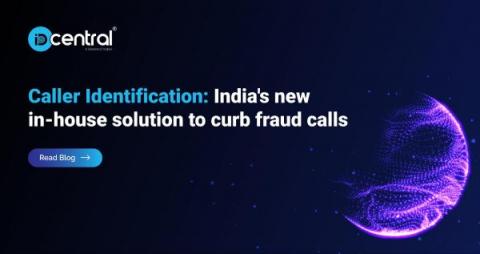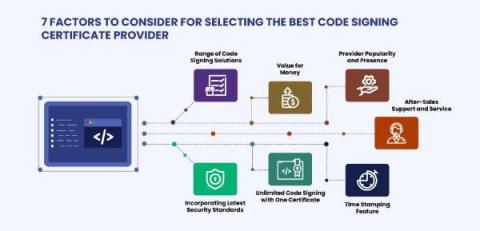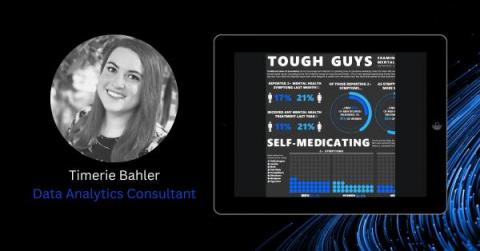Weekly Cyber Security News 20/12/2022
A selection of this week’s more interesting vulnerability disclosures and cyber security news. For a daily selection see our twitter feed at #ionCube24. A bumper announcements of breaches this past week. The earlier one being continual woes at Twitter not helped by this announcement and inevitable fallout.










